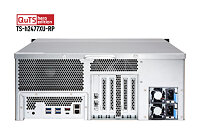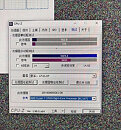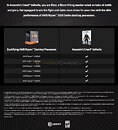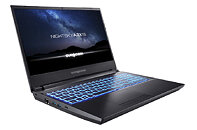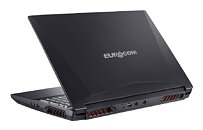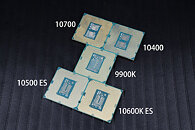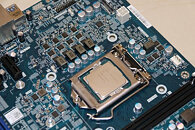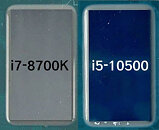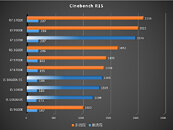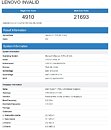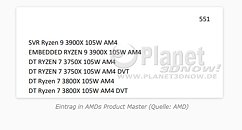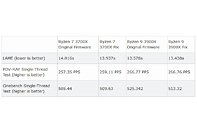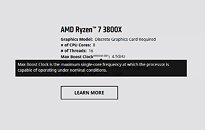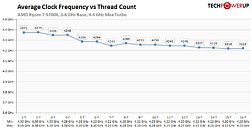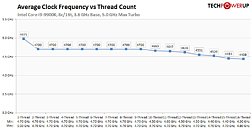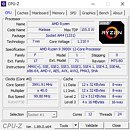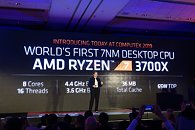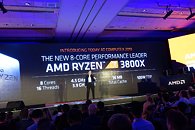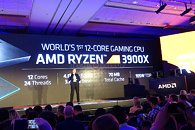Alan Wake II System Requirements Released, Steep RT Requirements Due to Path Tracing
Alan Wake II by Remedy Entertainment promises to be the year's most visually intense AAA title. The publisher put out the various tiered system requirements lists that highlight just what it takes to max the game out. As with most publishers these days, the company put out separate lists for RT and non-RT experiences. The common minimum requirements across all tiers include 90 GB of SSD-based storage, Windows 10 or Windows 11, and 16 GB of main memory. At the bare minimum, you'll need a quad-core Intel Core i5-7600K or comparable processor. For all other tiers, Remedy recommends at least an AMD Ryzen 7 3700X or Intel equivalent processor (which would mean at least a Core i7-10700K), or an 8-core/16-thread processor that's as fast as the 3700X.
The bare minimum GPU requirement calls for an NVIDIA GeForce RTX 2060 or Radeon RX 6600. With this, you can expect 1080p @ 30 FPS, and can use the "quality" setting with DLSS 2 or FSR 2. The non-RT "Medium" list, is either 1440p @ 30 FPS or 1080p @ 60 FPS. For 1440p @ 30 FPS, you'll need a GPU at least as fast as a GeForce RTX 3060 or Radeon RX 6600 XT. 1080p @ 60 FPS requires at least a GeForce RTX 3070 or Radeon RX 6700 XT. The "Ultra" non-RT preset with 4K @ 60 Hz, which is the best experience you can possibly have without ray tracing, demands at least a GeForce RTX 4070 or Radeon RX 7800 XT. Ray tracing is a whole different beast.
The bare minimum GPU requirement calls for an NVIDIA GeForce RTX 2060 or Radeon RX 6600. With this, you can expect 1080p @ 30 FPS, and can use the "quality" setting with DLSS 2 or FSR 2. The non-RT "Medium" list, is either 1440p @ 30 FPS or 1080p @ 60 FPS. For 1440p @ 30 FPS, you'll need a GPU at least as fast as a GeForce RTX 3060 or Radeon RX 6600 XT. 1080p @ 60 FPS requires at least a GeForce RTX 3070 or Radeon RX 6700 XT. The "Ultra" non-RT preset with 4K @ 60 Hz, which is the best experience you can possibly have without ray tracing, demands at least a GeForce RTX 4070 or Radeon RX 7800 XT. Ray tracing is a whole different beast.






